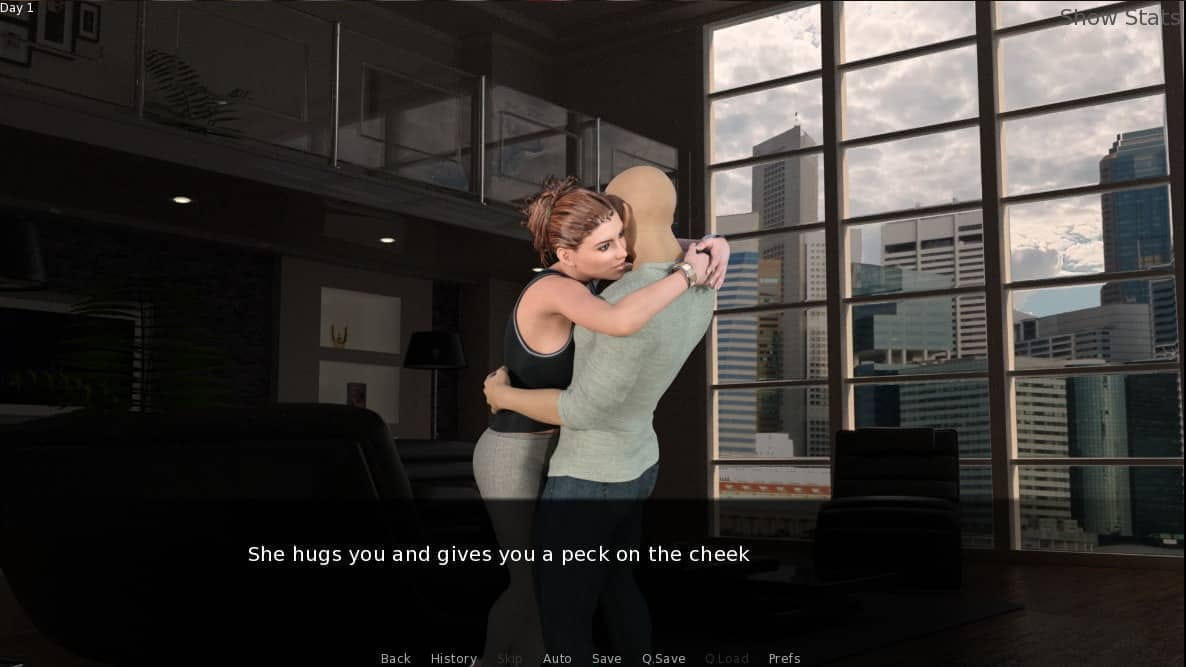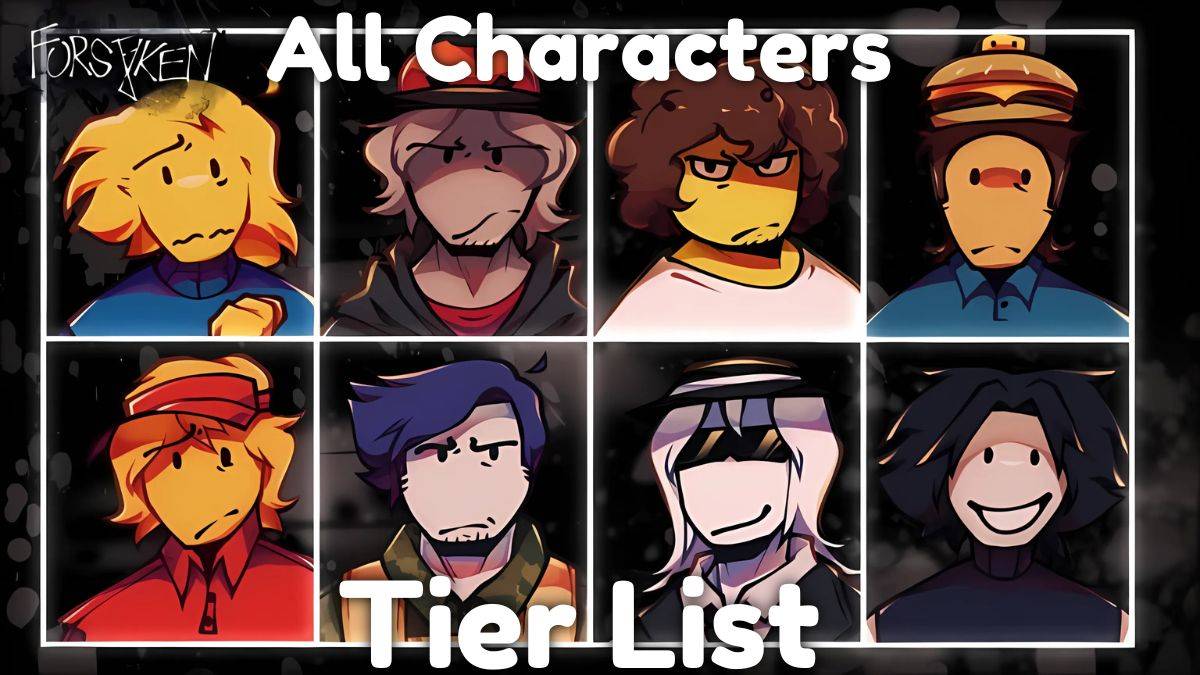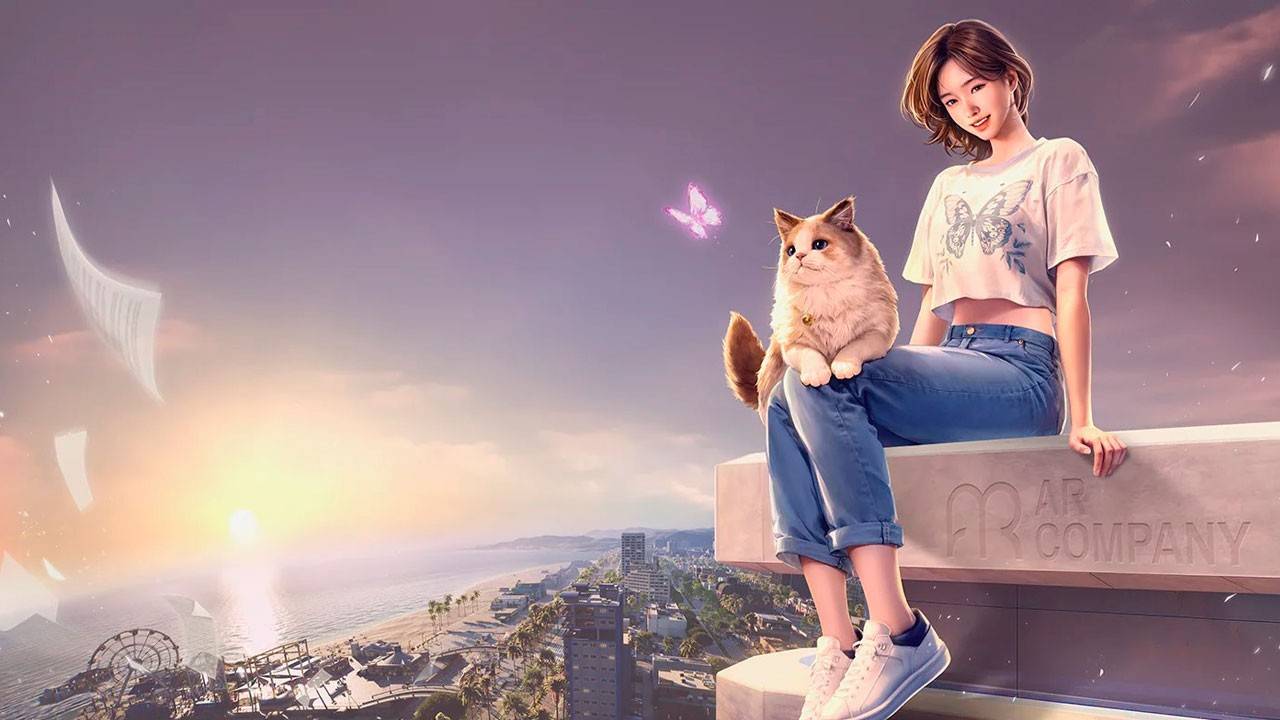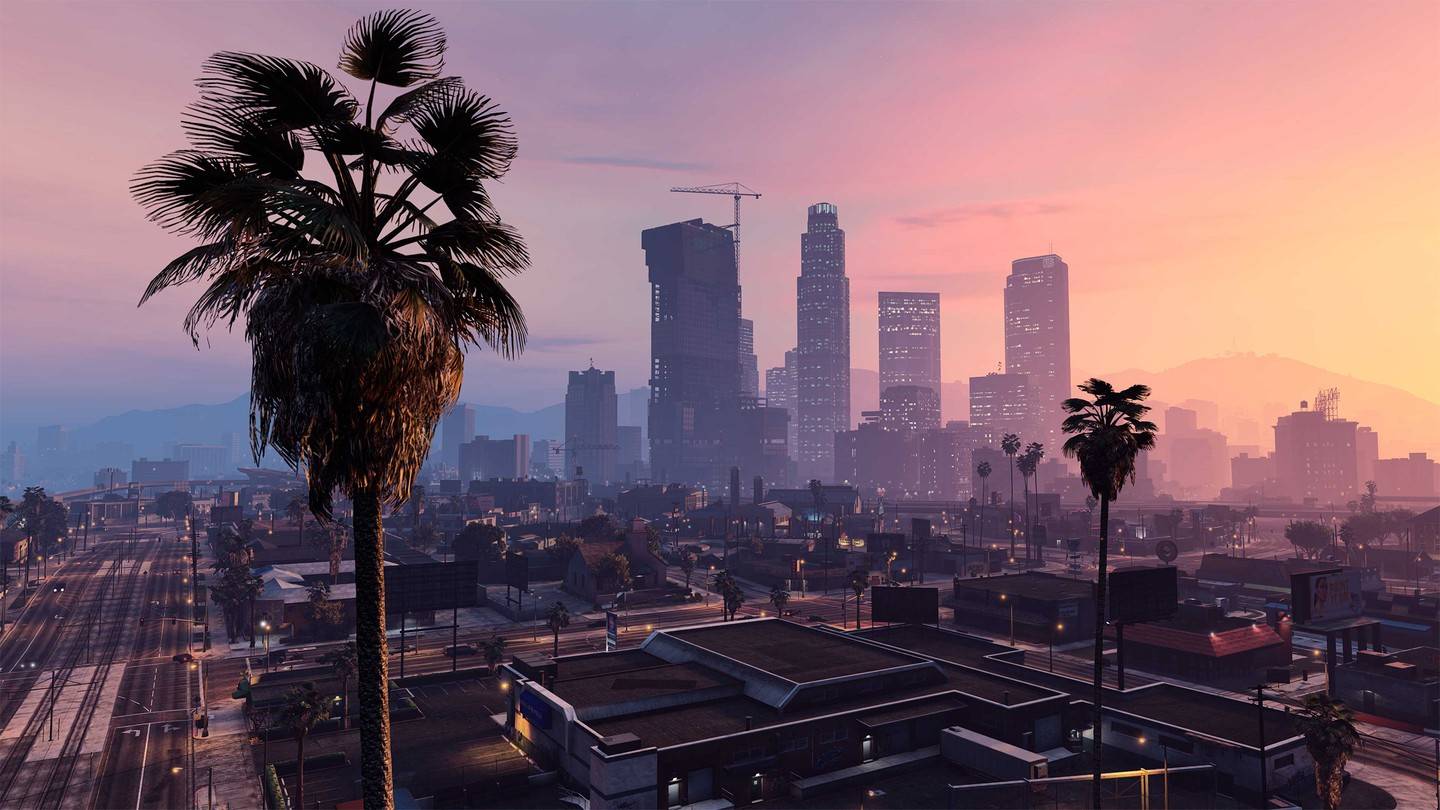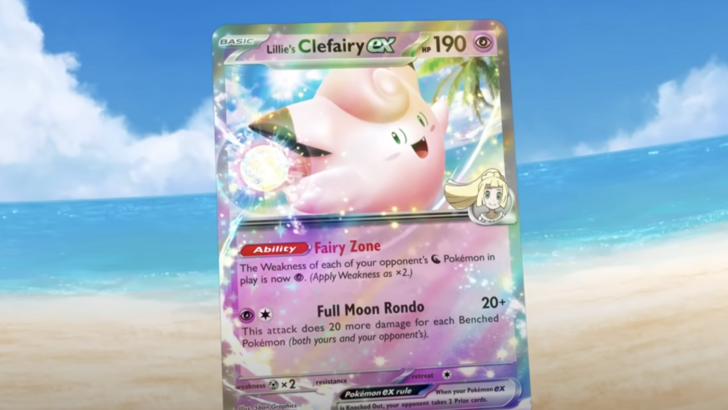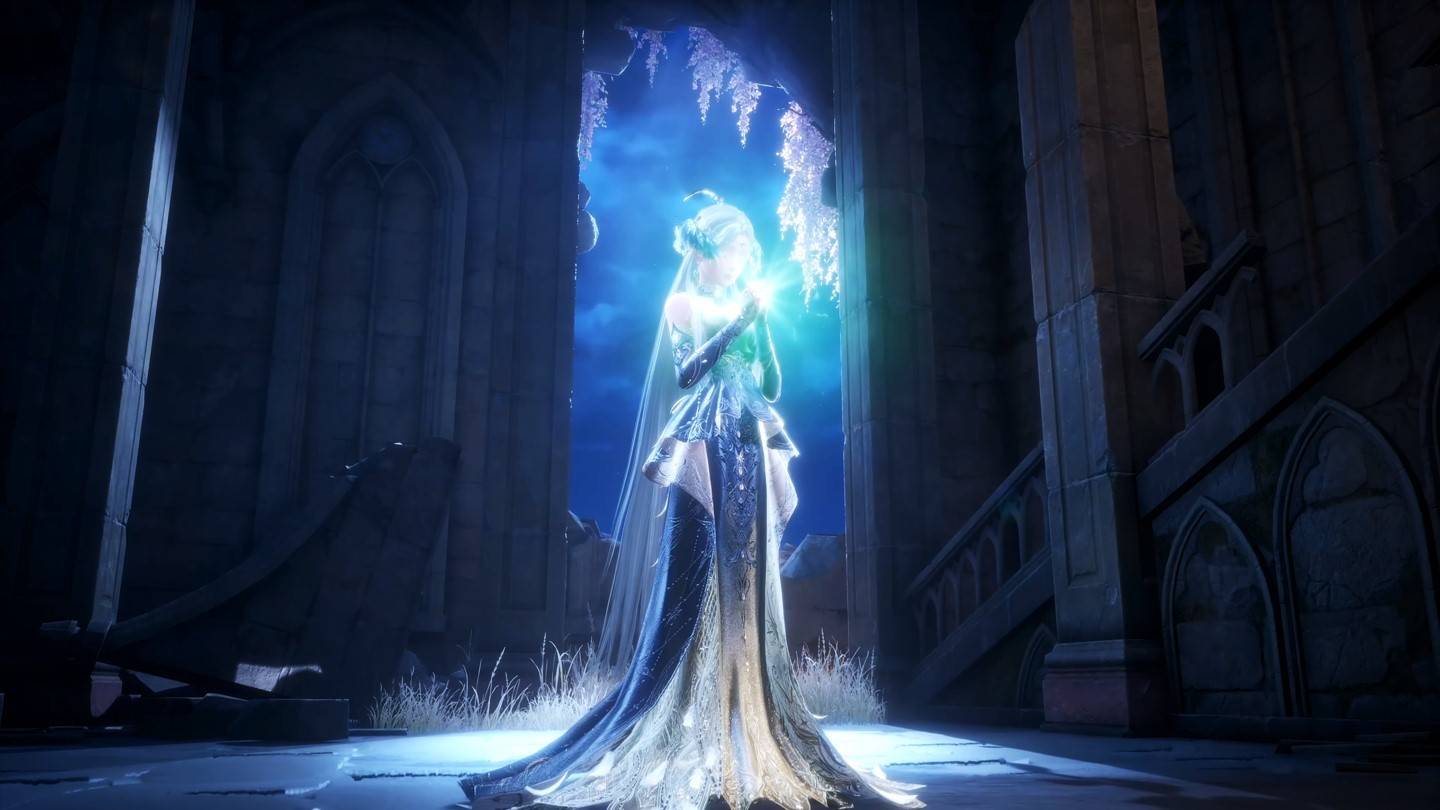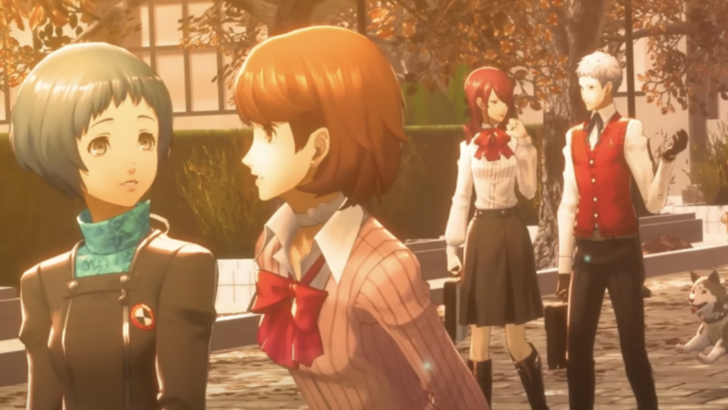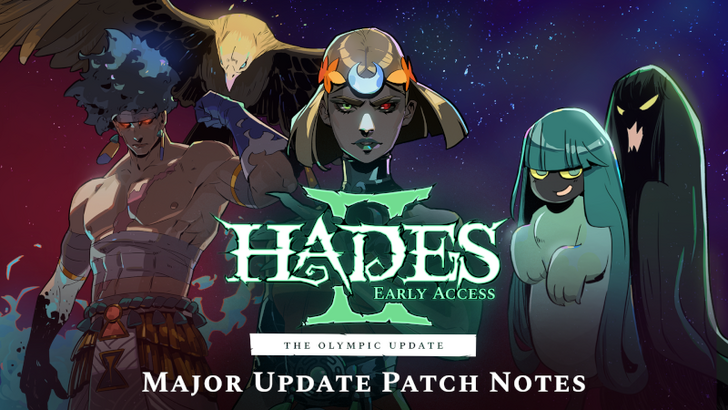SAG-AFTRA Still Far From Agreement with Games Industry on AI Protections
The Screen Actors Guild - American Federation of Television and Radio Artists (SAG-AFTRA) has provided an update to its members regarding the ongoing negotiations over AI protections for video game actors. Despite some progress, the guild remains "frustratingly far apart" from the industry bargaining group, which includes representatives from major AAA gaming companies, on several critical issues.
SAG-AFTRA has released a detailed chart highlighting the discrepancies between their proposals and those of the bargaining group. Key points of contention include:
- Protection from Digital Replica and Generative AI: SAG-AFTRA seeks to protect all work, not just that produced after the agreement's implementation. They want a broad definition of "digital replica" that includes any performance identifiable as a performer's, while the bargaining group prefers the narrower term "objectively identifiable."
- Inclusion of Movement Performers: SAG-AFTRA insists that movement performers be included in the generative AI agreement.
- Terminology for AI-Generated Performances: The guild proposes "real-time generation," whereas the bargaining group suggests "procedural generation," which SAG-AFTRA argues has a different meaning in the gaming context.
- Disclosure of Voice Blending: Whether employers must disclose if an actor's voice will be blended with others to create a digital replica.
- Use of Voice in Real-Time Chatbots: Whether employers must disclose if an actor's voice will be used for real-time chatbots or only for scripted dialogue.
- Consent During Strikes: SAG-AFTRA's proposal withdraws consent for digital replica use during strikes, while employers wish to continue using them, even on struck games.
- Duration of Consent for Real-Time Generation: SAG-AFTRA proposes a five-year limit, after which consent must be renewed. The bargaining group seeks perpetual consent.
- Compensation for Digital Replica Use: Disagreements persist on minimum pay for digital replica creation and use, though tentative agreement has been reached on bonus pay calculations.
- Bonus Rights for Employers: The bargaining group's proposal, modeled after the SAG-AFTRA TV/Film agreement, grants employers additional rights in exchange for a premium. SAG-AFTRA finds it too broad and potentially circumventing union rights.
- Tracking Digital Replica Use: SAG-AFTRA wants a system to track digital replica usage to ensure proper compensation, while the bargaining group deems this unfeasible.
- Regulation of Synthetic Performers: Specific definitions and regulations around characters created entirely by generative AI.
Despite these unresolved issues, the two groups have reached tentative agreements on bonus pay, dispute resolution, certain elements of minimum compensation, consent requirements, and some disclosures to performers. However, SAG-AFTRA's national executive director and chief negotiator, Duncan Crabtree-Ireland, expressed concern in a letter to members that the bargaining employers are misrepresenting the closeness of a potential deal.
Crabtree-Ireland highlighted the pressure on employers due to the ongoing strike, noting that they are seeking to fill roles with non-union performers, which could undermine the strike and expose those performers to AI misuse without proper protections.
In response, Audrey Cooling, spokesperson for the video game industry bargaining group, stated that they have offered a deal with over 15% wage increases, enhanced health and safety protections, industry-leading AI digital replica terms, and additional compensation for cross-game use of performances. They remain eager to return to negotiations to finalize an agreement.
The SAG-AFTRA video game strike, now in its eighth month, was triggered by disagreements over AI provisions, despite 24 out of 25 other contract proposals being agreed upon. The strike's impact is becoming increasingly visible, with games like Destiny 2 and World of Warcraft featuring unvoiced NPCs in otherwise voiced scenes. Recently, League of Legends was struck after Riot allegedly attempted to circumvent the strike, and Activision recast characters in Call of Duty: Black Ops 6 following player concerns about new voices. Most recently, two Zenless Zone Zero voice actors discovered their replacements through patch notes.
Latest Articles






